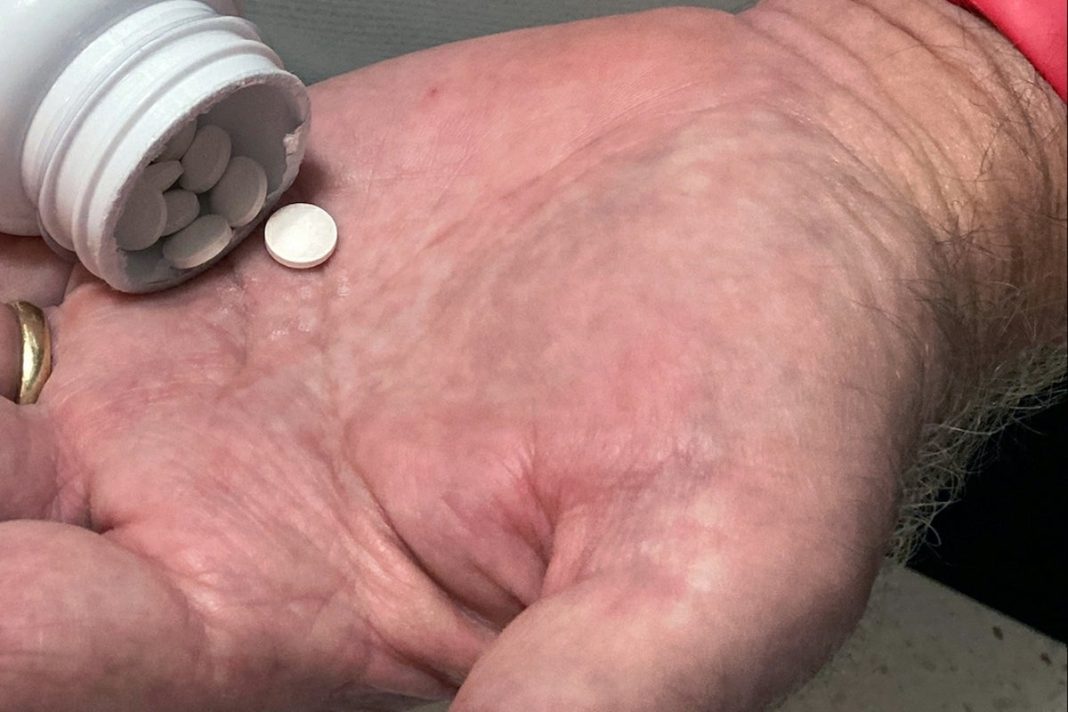Key Takeaways
- Long-term melatonin use linked to 90% higher heart failure risk
- Melatonin users were 3.5 times more likely to be hospitalized for heart failure
- Study analyzed 130,000+ adults with insomnia over five years
- Researchers caution findings show association, not proven causation
A major new study reveals that prolonged melatonin supplement use could significantly increase the risk of heart failure hospitalization and even death. The research, involving over 130,000 adults with insomnia, found concerning cardiovascular risks associated with long-term melatonin consumption.
Study Details and Findings
Researchers analyzed five years of health records from adults with insomnia who had taken melatonin for at least one year, comparing them with peers who had insomnia but never used the supplement. The findings were striking: patients using melatonin for 12 months or more had approximately 90% higher chance of developing heart failure over five years compared to non-users.
Even more alarming, melatonin users were 3.5 times more likely to be hospitalized for heart failure. The study also identified similar risks among people who had at least two melatonin prescriptions filled 90 days apart.
Expert Reactions and Concerns
“Melatonin supplements are widely thought of as a safe and ‘natural’ option to support better sleep, so it was striking to see such consistent and significant increases in serious health outcomes, even after balancing for many other risk factors,” said study author Ekenedilichukwu Nnadi.
Another researcher, Marie-Pierre St-Onge, expressed surprise at physicians prescribing melatonin for extended periods: “I’m surprised that physicians would prescribe melatonin for insomnia and have patients use it for more than 365 days, since melatonin, at least in the US, is not indicated for the treatment of insomnia.”
Important Limitations and Cautions
The researchers emphasized several limitations in their study, including lack of information about insomnia severity and other psychiatric conditions among participants. Dr. Nnadi clarified: “While the association we found raises safety concerns about the widely used supplement, our study cannot prove a direct cause-and-effect relationship. This means more research is needed to test melatonin’s safety for the heart.”
The study was presented at the American Heart Association’s 2025 Heart Disease and Stroke Statistics conference and has not yet undergone peer review.




